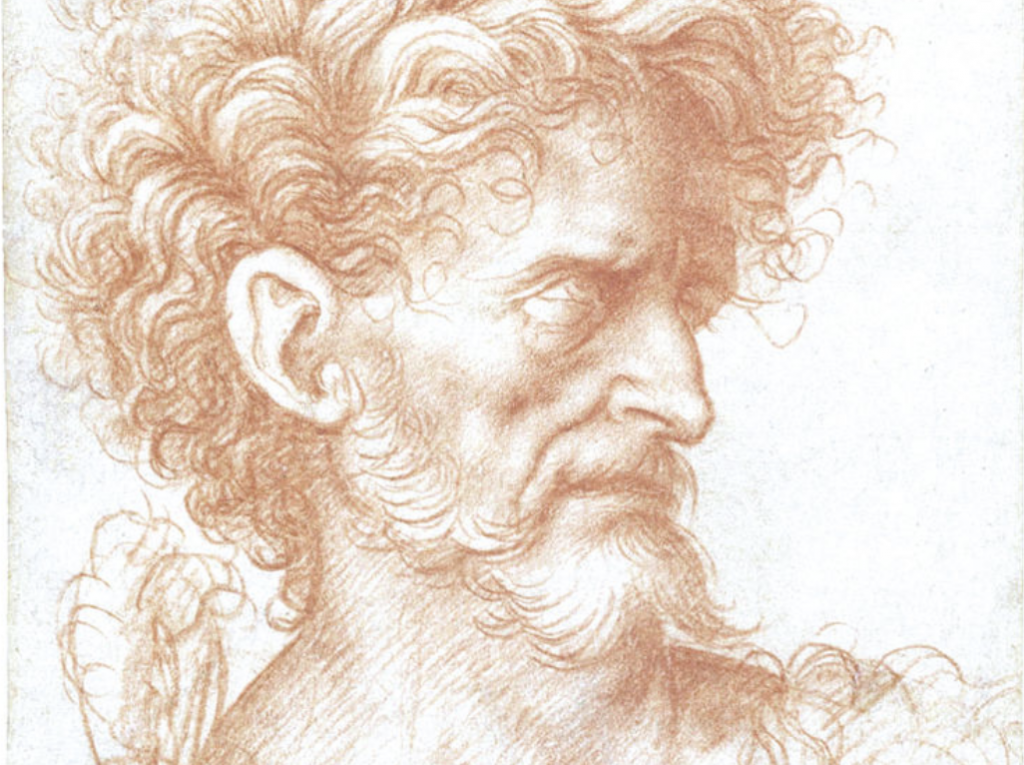Is. 61: 1-2a, 10-11; Lk. 1:46-48, 49-50, 53-54; 1 Thes. 5:16-24; Jn. 1:6-8, 19-28
The mysterious figure of John the Baptist, introduced in last week’s readings, comes into sharper focus today. Who he is, we see in this Sunday’s Gospel, is best understood by who he isn’t.
He is not Elijah returned from the heavens (see 2 Kings 2:11), although like him he dresses in the prophet’s attire (see Mark 1:6; 2 Kings 1:8) and preaches repentance and judgment (see 1 Kings 18:21; 2 Chronicles 21:12-15).
Not Elijah in the flesh, John is nonetheless sent in the spirit and power of Elijah to fulfill his mission (see Luke 1:17; Malachi 3:23-24). And, John is not the prophet Moses foretold, although he is a kinsman and speaks God’s word (see Deuteronomy 18:15-19; John 6:14).
Nor is John the Messiah, though he has been anointed by the Spirit since the womb (see Luke 1:15,44). John prepares the way for the Lord (see Isaiah 40:3). His baptism is symbolic, not sacramental. It is a sign given to stir our hearts to repentance.
John shows us the One upon whom the Spirit remains (see John 1:32), the One who fulfills the promise we hear in Sunday’s First Reading (see Luke 4:16-21). Jesus’ bath of rebirth and the Spirit opens a fountain that purifies Israel and gives to all a new heart and a new Spirit (see Zechariah 13:1-3; Ezekiel 36:24-27; Mark 1:8; Titus 3:5).
John comes to us in the Advent readings to show us the light that we might believe in the One who comes at Christmas. As we sing in Sunday’s Psalm, the Mighty One has come to lift each of us up, to fill our hunger with bread from heaven (see John 6:33, 49-51).
And as Paul exhorts in the Epistle, we should rejoice, give thanks and pray without ceasing that God will make us perfectly holy in spirit, soul and body — that we may be blameless when our Lord comes.

